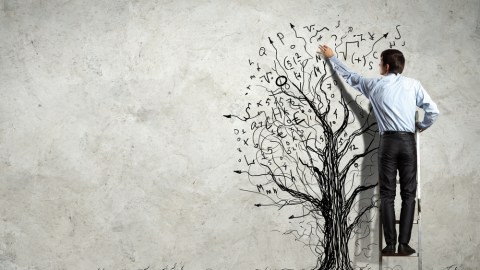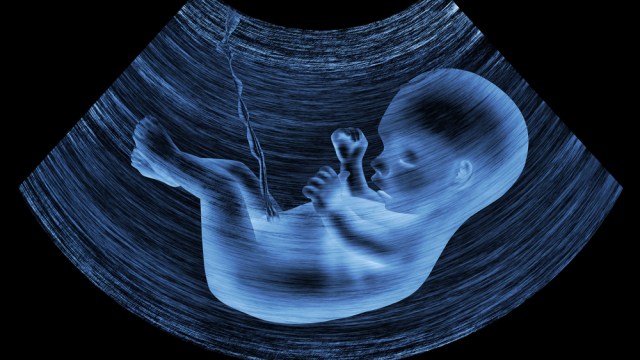Will the Future Economy Bring Abundance or Machine Servitude?

What’s the Latest?
The economy of the next ten years is likely to remain recognizable, says Andrew McAffe, associate director of the Center for Digital Business at the MIT Sloan School of Management. Beyond that, however, the world could look as strange to us as the present-day would to a 19th century citizen. Crucially, the pace of technological innovation is increasing the rate at which structural changes occur to the economy. And just as automated assembly lines have replaced manual labor, the looming question for future economies is that of the labor market. How many of our current jobs will be replaced by machines?
What’s the Big Idea?
The jobs that many of us now have were unimaginable just fifty years ago and surprisingly, many traditional jobs will stand the test of time, says Johnathan Rothwell, an associate fellow at the Metropolitan Policy Program at Brookings. “He believes jobs for nannies, home health workers, and food-service providers may never go away. Auto mechanics, plumbers, electricians, HVAC technicians, and similar trades will stick around, even if they end up employing fewer people in the future.” An entirely automated future is unlikely because only a small industry exists to support that vision.





